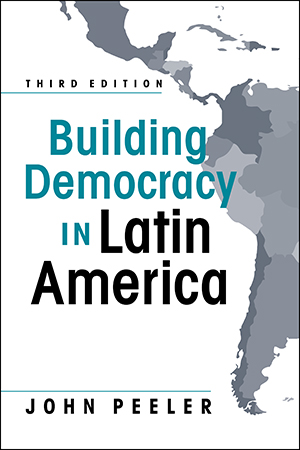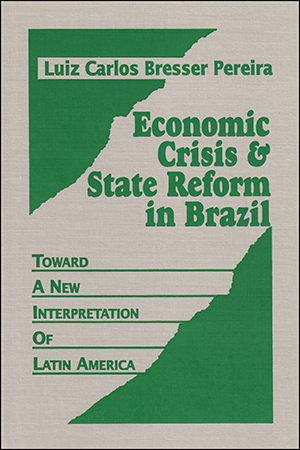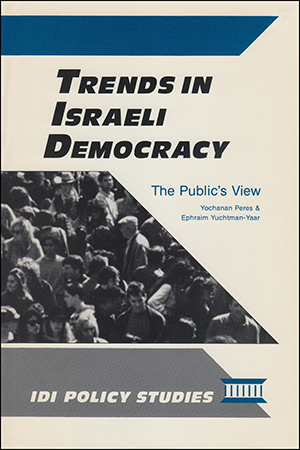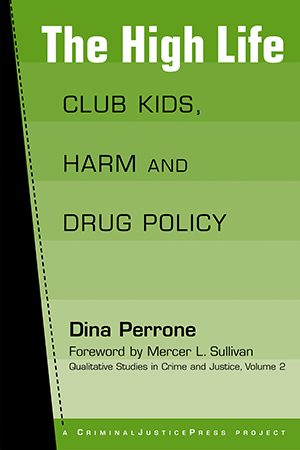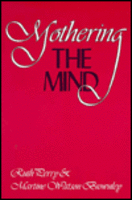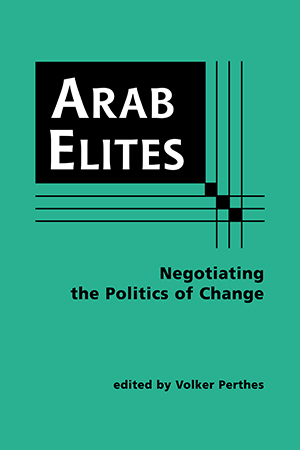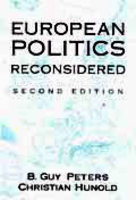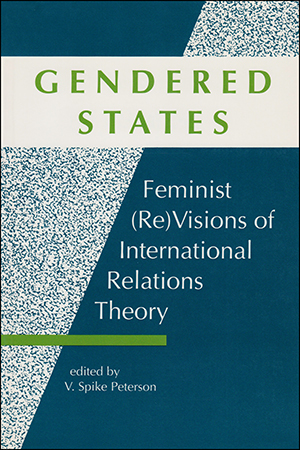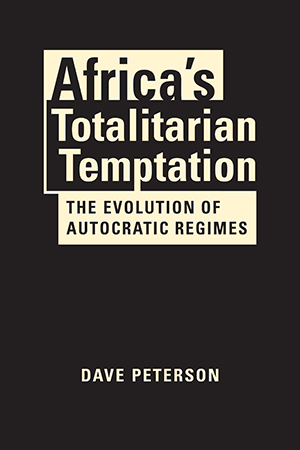BOOKS
The third edition of this historically and theoretically grounded analysis of the democratic experience in Latin America reflects important developments both in the region and in the More >
Choice Outstanding Academic Book! This is a book about the economic crisis that took hold of Brazil and the rest of Latin America in the 1980s, its political consequences, and the economic More >
Questioning whether public support for democracy can be sustained during periods of crisis, the authors examine the attachment to democratic values and institutions in Israel, a country More >
Why do well-educated young professionals engage in frequent and intensive drug use at dance clubs? And how do they protect themselves from drug-related illnesses and involvement with the More >
Recognized period specialists look at a wide variety of nurturing relationships between men and women, both sexual and platonic. Mothering is examined as a component of marriage and as a More >
The recent deaths of four long-term heads of state in the Arab world heralded important changes, as political power passed from one generation to the next. Shedding light on these changes, More >
Peters searches for themes about African self-identity by exploring images of the mask in the poetry of Senghor, the fiction of Achebe, and the drama of Soyinka. His focus is not on the mask More >
In this expanded, updated edition, the authors add a chapter on new structures of parliaments. They also reflect on recent developments in Germany since unification and reactions of most More >
While IR theorists are increasingly critical of neorealist assumptions about the state and the international system, few have explored the gendered construction of the state and its More >
Disappointment with the ability of democracy to deliver economic rewards in much of Africa—and with the persistence of instability, corruption, and poor governance in democratic More >



